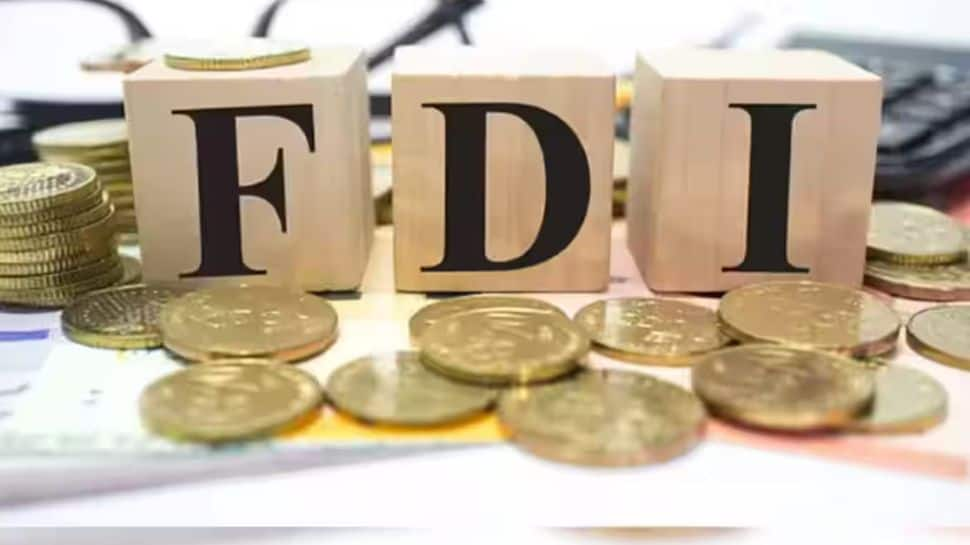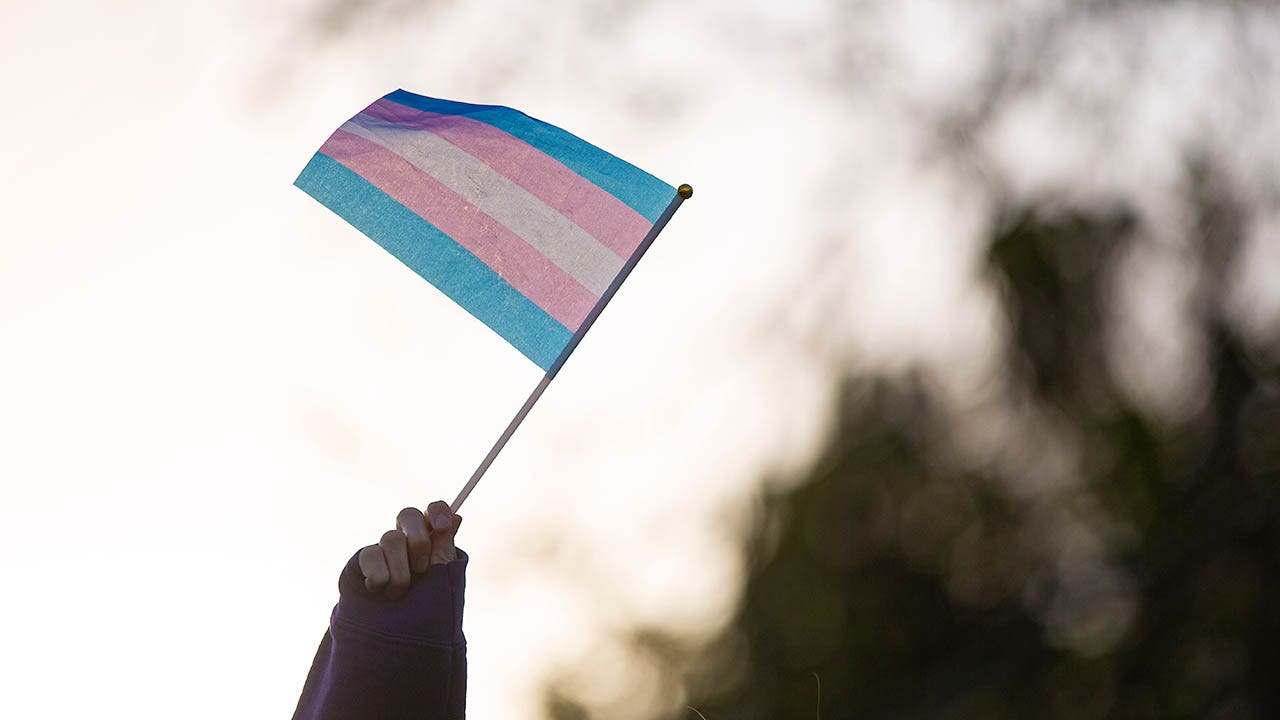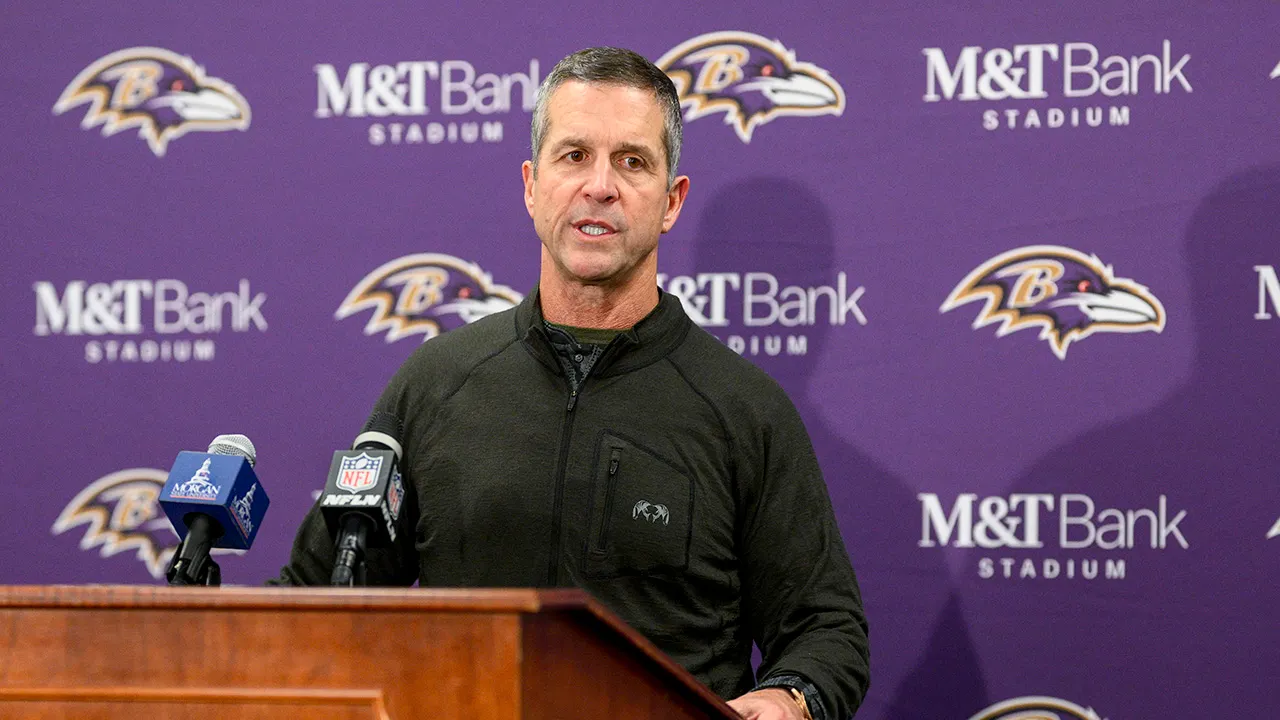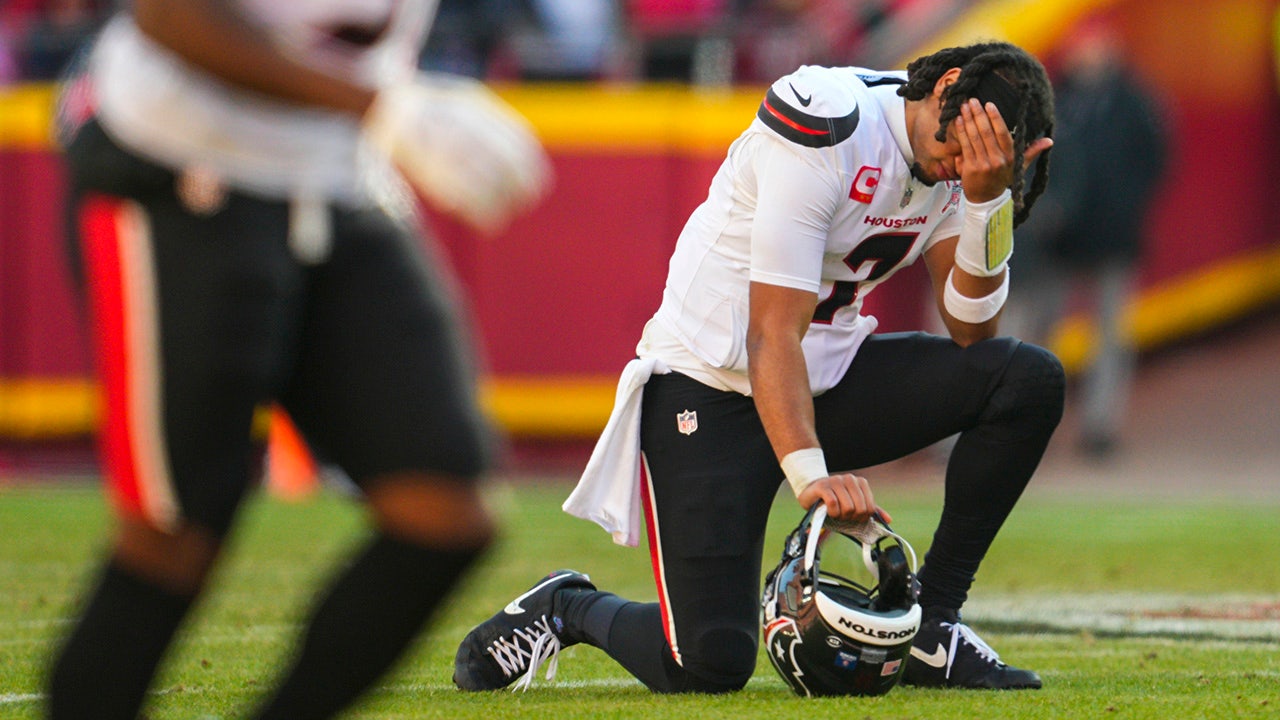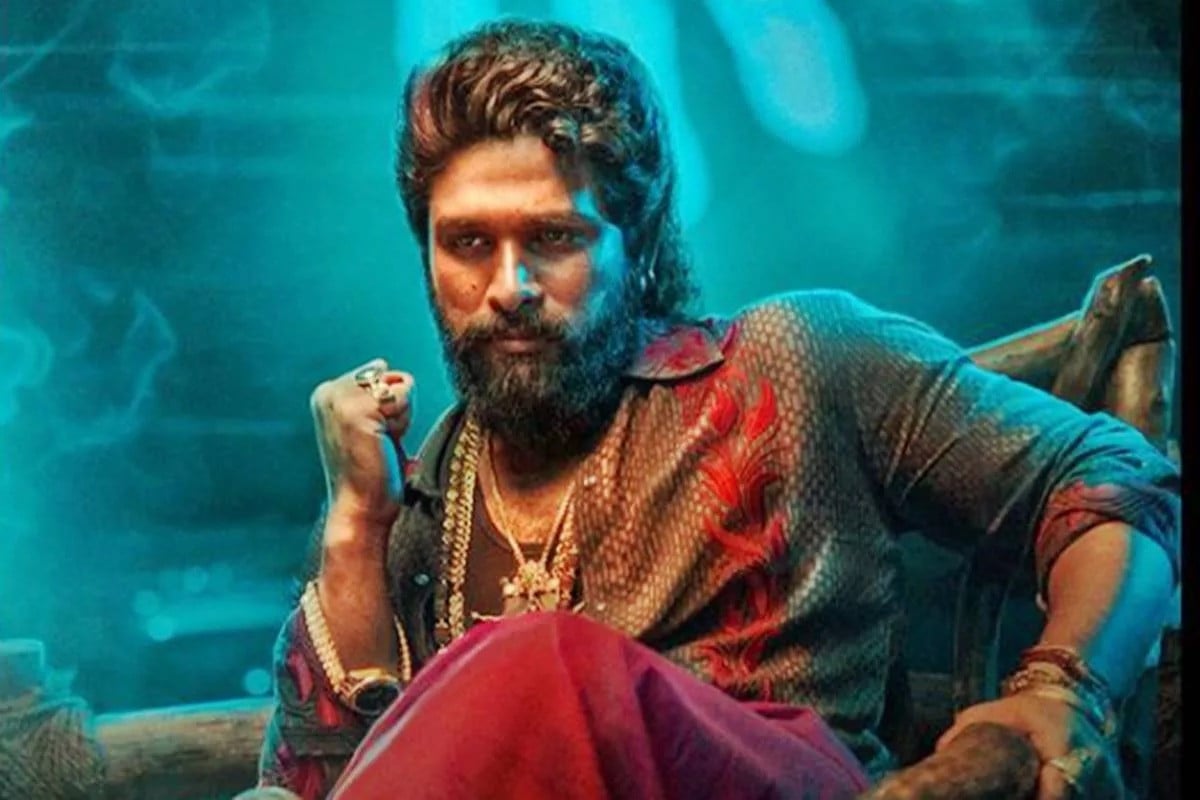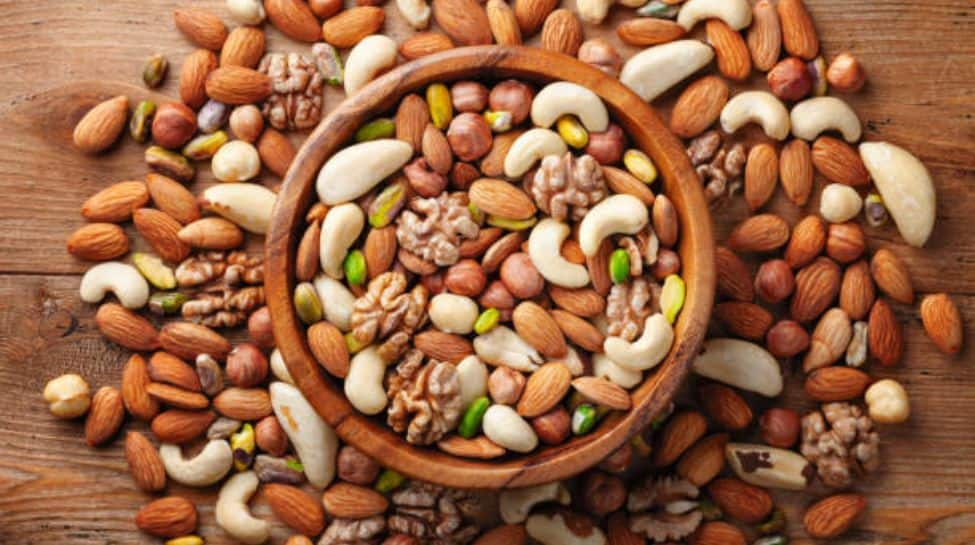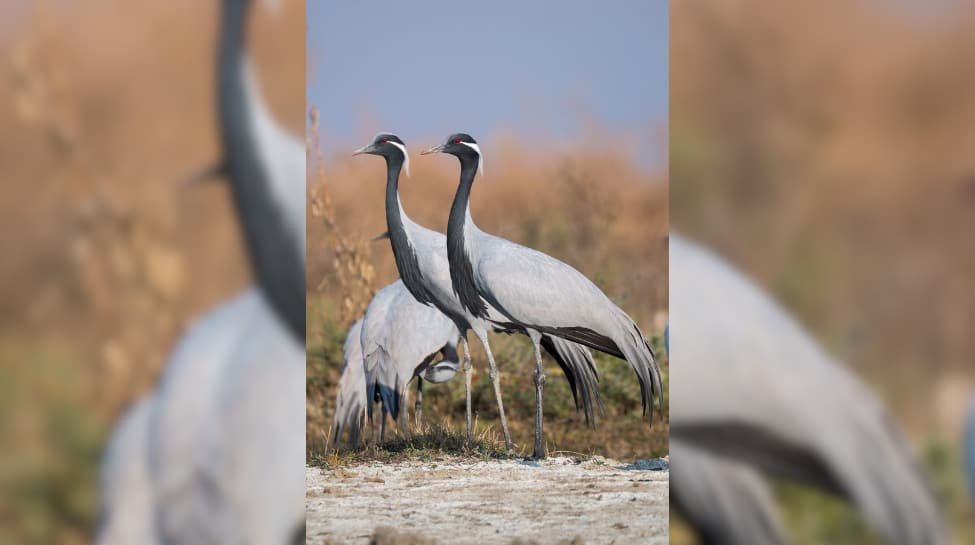That trend continued in 2022, with all facets of Swift’s stardom on display. Her fame reached new levels as she rewrote Billboard history and was the impetus for an upcoming Senate antitrust panel hearing. But at the same time, she didn’t pass up opportunities to cast herself as uncool or an underdog, even as she set her sights on Hollywood domination. If it seemed as if it was all Taylor, all the time in 2022, it’s because it basically was. Here’s a look back.
‘Midnights’ shattered sales records
It’s rare for a basic-cable awards show to make news these days, but the MTV Video Music Awards caught a lucky break when Swift chose her video of the year acceptance speech in August to drop the surprising news that she would be releasing her 10th studio album, “Midnights,” a couple of months later. (Swift is rerecording her first six albums after a contentious dispute with her former Nashville record label, and with only two rerecords released so far, fans were unsure when they would get new music.)
Swift loves nothing more than being on theme, so at midnight following the VMAs — where she was photographed at an after-party wearing a midnight navy dress covered in sparkling stars — she announced on Instagram that the album would center on “the stories of 13 sleepless nights scattered throughout my life.” That brief description sent her fiercely loyal fandom into a frenzy as they spent the next two months scouring her carefully timed TikTok videos and Instagram posts for clues about what the music could hold.
The hype worked: “Midnights” became the first album since 2015 to sell more than a million physical copies in its first week — a rare feat, and essentially unheard of in the streaming era — and racked up a whopping 1.5 million equivalent album units based on streaming numbers. Boosted by fans buying multiple copies of the vinyl and CD versions (the four pieces of album art formed the shape of a clock, because Swift is nothing if not a marketing prodigy) and an extra seven songs released for a “3 a.m. Edition,” it shattered an astonishing amount of sales and streaming records and has sold more than 6 million equivalent album units so far.
Swift also became the first artist to take up every single slot of the Top 10 on the Billboard Hot 100 chart, led by the self-loathing “Anti-Hero” at No. 1 — and incidentally marking the first time that the Top 10 included zero men.
Ticketmaster reached its breaking point
Earlier this year, BTS fans were furious when Ticketmaster sold out the K-pop superstar group’s presale tickets so fast that it canceled the general admission sale. Several months later, Bruce Springsteen loyalists experienced serious sticker shock through Ticketmaster’s “dynamic pricing” model, causing prices to skyrocket. But those were just appetizers for the outrage that exploded in the aftermath of the presale for Swift’s Eras Tour, a 52-date stadium tour kicking off in March and “a journey through the musical eras” of Swift’s country and pop career.
In mid-November, Ticketmaster opened its virtual doors for the first crack at tickets, only to be swarmed with what the company later said was 3.5 billion system requests, four times its previous peak. There were glitches, hours-long limbo in the “virtual waiting room” and the eventual cancellation of the general admission sale. The company released a statement calling Swift an “unstoppable force” and simultaneously blamed “a staggering number of bot attacks” for the chaos. Live Nation’s chairman pointed to the “massive demand” for Swift concerts and claimed that she could have sold out “900 stadiums.”
Unfortunately for Ticketmaster, which has long been a source of frustration for concertgoers thanks to its dominance in the online ticket market, the rage from Swift fans was so intense that it sparked a lawsuit and caught the attention of several lawmakers. The Senate antitrust panel promised a hearing into consolidation in the entertainment ticketing industry, and Rep. Alexandria Ocasio-Cortez (D-N.Y.) tweeted that Ticketmaster and Live Nation Entertainment, which merged in 2010, should be broken up. As jilted Swifties brushed up on monopolies and antitrust law, the Justice Department confirmed an investigation into Live Nation, though a source told The Washington Post that the probe predates the issues with Swift tickets.
Damon Albarn regretted his life choices
What was Blur and Gorillaz singer Damon Albarn thinking in January when he confidently told the Los Angeles Times that Swift doesn’t write her own songs? No one may ever know, but he soon came to regret it. When pop music critic Mikael Wood pushed back during their Q&A and explained that Swift writes or co-writes all of her music, Albarn responded: “That doesn’t count. I know what co-writing is. Co-writing is very different to writing. I’m not hating on anybody, I’m just saying there’s a big difference between a songwriter and a songwriter who co-writes.”
The ensuing backlash wasn’t just the result of a rabid fan base. Swift, who started penning her own songs at age 12, then started working with some of Nashville’s A-list writers, takes her reputation as a songwriter more seriously than any other aspect of her career. (She famously walked away from a major-label record deal when she was 14, because the label wasn’t going to let her record her own songs.) So she wasn’t going to let this one slide: “I was such a big fan of yours until I saw this,” Swift fired back in a tweet. “I write ALL of my own songs. Your hot take is completely false and SO damaging. You don’t have to like my songs but it’s really [f—ed] up to try and discredit my writing. WOW.”
Albarn quickly tried to walk things back with an apology and tried blaming the media (“I had a conversation about songwriting and sadly it was reduced to clickbait”) but it was too late — and the controversy reminded everyone of her writing credentials and showed what will happen if someone not only criticizes Swift, but also gets the facts wrong.
Her (self) mythology continued to grow
People make jokes about the Taylor Swift Cinematic Universe, but it’s not even really a joke. Since her debut country album in 2006, Swift has carefully and steadily built her own mythology, embedding puzzles and hints about the true meaning of her work in album notes and sprinkling clues about her life in social media posts and videos. Her use of symbols and imagery has only grown over time, to the point that if you look deep enough into Swift World, her fans seem as if they are practically speaking another language with abbreviations, coded catchphrases and references that only they understand.
In September, Swift added a few more phrases to the lexicon when she accepted the songwriter-artist of the decade prize at the Nashville Songwriter Awards, and revealed that she has three categories of lyricism in her mind: Quill Lyrics, which means if her song sounds like “a letter written by Emily Dickinson’s great-grandmother while sewing a lace curtain”; Fountain Pen Lyrics, meaning “a modern storyline or references with a poetic twist”; and Glitter Gel Pen Lyrics, which are “frivolous, carefree, bouncy, syncopated perfectly to the beat.” Swift loyalists cling to any insight about the singer’s internal creative process, and those descriptions were quickly adapted into the fandom.
She reminded everyone to embrace the cringe
As the Swiftian history tells us, Swift’s experience as an unpopular teenager shaped much of her worldview, as her earliest songs focus on the insecurity and angst she often felt at school. Even as she became one of the most powerful celebrities on the planet, that lingering feeling didn’t seem to go away as she took criticisms to heart when people made fun of her for being cringey, whether it was her “surprised face” when she (very expectedly) won at awards shows or showcased her “squad” of super-famous friends.
In a twist of fate, social media in recent years has decided that, actually, cringe is cool — and Swift doubled down on embracing the cringe factor in her May commencement address at New York University, where she was awarded an honorary doctorate of fine arts. “Learn to live alongside cringe. No matter how hard you try to avoid being cringe, you will look back on your life and cringe retrospectively,” she said in her now-viral speech. “ … I promise you, you’re probably doing or wearing something right now that you will look back on later and find revolting and hilarious.”
Another much-quoted excerpt reminded people that it is okay to be excited about things — maybe even winning prizes at awards shows. “Effortlessness is a myth,” Swift said. “The people who wanted it the least were the ones I wanted to date and be friends with in high school. The people who want it most are the people I now hire to work for my company.”
Swift started occasionally directing her own music videos a few years ago, then took things up a notch with the “All Too Well (10 Minute Version)” short film, the cinematic adaptation of the standout ballad on Swift’s rerecorded “Red” album. Not only did the project win VMAs and is nominated for best music video at the upcoming Grammy Awards, but it propelled Swift to a slot in Variety’s “Directors on Directors” series this month, where she sat down with “The Banshees of Inisherin” director Martin McDonagh to discuss their work.
That pairing might have seemed a bit out of nowhere, but it made far more sense when news broke that Swift wrote and will direct a feature film for Searchlight Pictures. (No other details have been released.) Swift has had a roller coaster of a journey with movies, such as the underrated “Valentine’s Day,” the fever dream that was “Cats” and this year’s little-seen, widely panned “Amsterdam,” as well as her recent Grammy nomination for “Carolina,” which she wrote for the “Where the Crawdads Sing” soundtrack. But as Swift has made the rounds promoting the “All Too Well” short film this year, with sit-downs at the high-profile Tribeca Festival and the Toronto Film Festival, it’s a clear signal that she has set her sights on conquering yet another piece of the industry.








